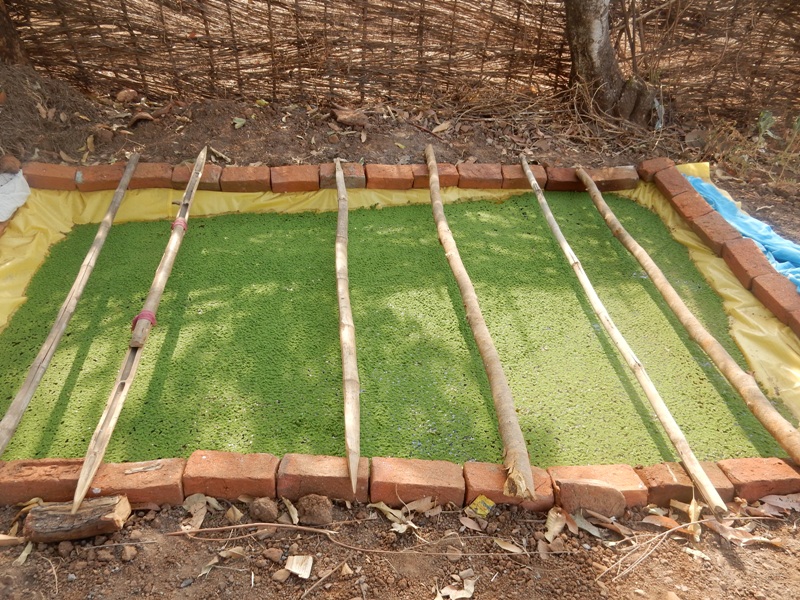SDM Project: Integrated participation of institutional stakeholder for upliftment of rural livelihood through sustainable harvesting and market linkages of NTFPs and Agri products
31.12.2017
SUBMITTED ORGANISATION
IORA Ecological Solutions
PARTNER ORGANISATIONS
Centre for Advanced Research and Development (CARD) based in Mandla district, Madhya Pradesh, India
DATE OF SUBMISSION
30/12/2017
REGION
Asia
COUNTRY
India
FOCAL POINT
Swapan Mehra
Abstract
Mandla district of Madhya Pradesh, India, is known as a state with a high number of indigenous tribes who are residing in the vicinity of forests and earn their livelihood from forest resources along with subsistence agriculture and animal husbandry. The use of forest resources can be sustainable if properly managed but has become increasingly unsustainable due to intensifying exploitation and market pressure. The project aimed to implement an integrated approach to sustainable development and improvement of their livelihood, which include sustainable harvest of commercially important non- timber forest products (NTFP), development of market linkages, promotion of community fodder banks, as well as the promotion of rotational grazing.

Construction of an Azolla Pit as a green fodder supplement for cattle feeding

Introduction of fodder techniques at the household level

